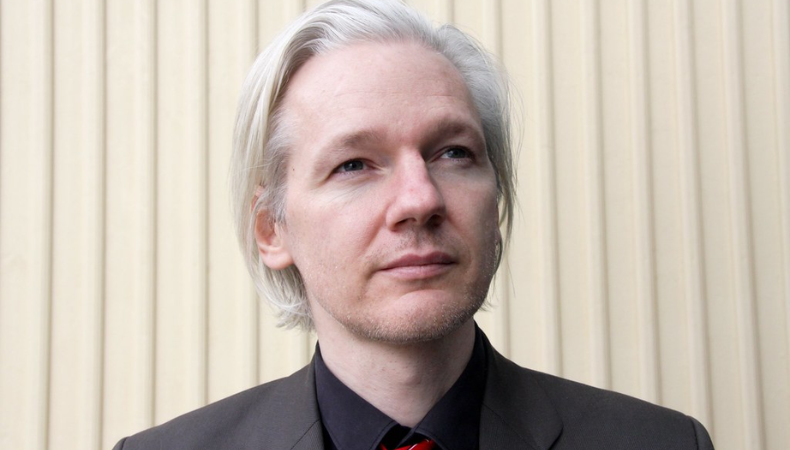Julian Assange’s 12-Year Legal Battle: From Espionage Charges to a Plea Deal

The founder of WikiLeaks, Julian Assange, has been at the center of a major legal battle since WikiLeaks released hundreds of thousands of classified U.S. military documents in 2010. This release, the largest security breach in U.S. military history, included battlefield accounts and diplomatic cables, such as the infamous 2007 video of a U.S. Apache helicopter attack in Iraq that killed a dozen people, including two Reuters journalists.
The U.S. government indicted Assange under the Espionage Act during Donald Trump’s administration, charging him with conspiring to obtain and disclose classified national defense documents. These charges have sparked global debate, with supporters arguing that Assange, as a publisher, should not face charges typically reserved for those who leak or steal government information.
The Long Battle Against Extradition
This legal battle began in 2010 when Assange was arrested in Britain on a European arrest warrant related to Swedish sex crime allegations, which were later dropped. Massage sought asylum in the Ecuadorian embassy in London for seven years to avoid extradition to Sweden. He was forcibly removed from the embassy and jailed in Belmarsh, a high security prison in London, for skipping bail in the year 2019.
Massage fought extradition to the United States from Belmarsh for nearly five years. His case caught widespread attention and support from press freedom advocates who debated that prosecuting Assange posed a consequential threat to freedom of journalism and media.
Plea Deal and Upcoming Court Appearance in Spain
In an influential development, Assange has agreed to plead guilty to a single criminal count of conspiring to obtain and disclose classified U.S. national defense documents. This plea deal will end his imprisonment in Britain and allow him to return to Australia, which will conclude his 14 year legal voyage.
Assange is scheduled to be sentenced to 62 months of time already served at a hearing in Spain, Northern Mariana Islands. Due to Assange’s opposition to traveling to the mainland U.S. and its vicinity to Australia, this location was decided. This arrangement has been hailed as a result of a global campaign advocating for Assange’s release.
After getting bailed by the UK High Court, Assange left Belmarsh prison on Monday, and boarded a flight arranged by charter from VistaJet. Upon the hearing’s conclusion in Saipan, he will be back to Australia.
A Global Campaign and Press Freedom
This release is seen as a victory for Assange’s supporters, who were campaigning for his freedom for a really long time. His wife Stella Assange, expressed immense gratitude for the worldwide support that made this outcome possible. Led by Prime Minister Anthony Albanese, the Australian government, also played a major role in advocating for Assange’s freedom, underscoring that his prolonged imprisonment was superfluous.
Keep on Reading
However, the plea deal raises concerns among press freedom advocates. Executive Director of the Knight First Amendment Institute at Columbia University , Jameel Jaffer, noted that while the deal prevents a worst case scenario for press freedom, it still sets a troubling antecedent. Assange’s confinement for journalistic activities may cast a long shadow over critical journalism globally.
Julian Assange’s Future
As Assange returns to Australia, his legal chronicle underscores the complex intersection of national security, press freedom and human rights. His case continues to spark debate on the limits of government secrecy and the role of journalism in holding power accountable.





